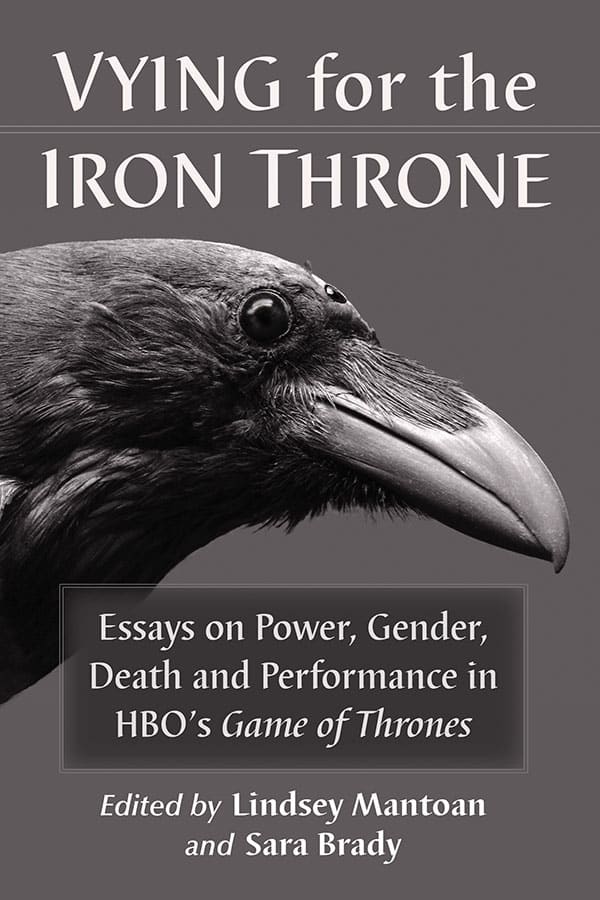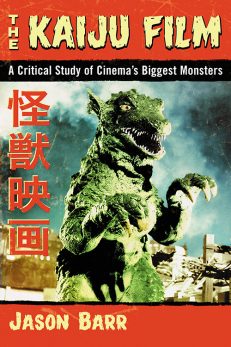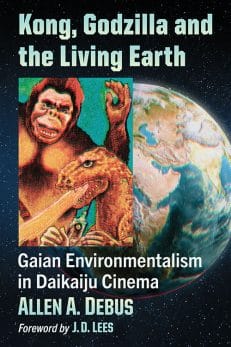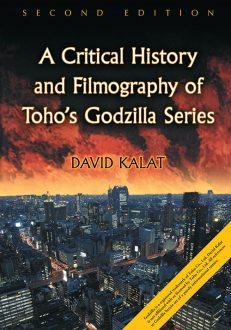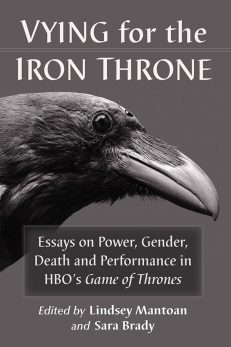Vying for the Iron Throne
Essays on Power, Gender, Death and Performance in HBO’s Game of Thrones
$29.95
In stock
About the Book
Game of Thrones has changed the landscape of television during an era hailed as the Golden Age of TV. An adaptation of George R.R. Martin’s epic fantasy A Song of Fire and Ice, the HBO series has taken on a life of its own with original plotlines that advance past those of Martin’s books. The death of protagonist Ned Stark at the end of Season One launched a killing spree in television—major characters now die on popular shows weekly. While many shows kill off characters for pure shock value, death on Game of Thrones produces seismic shifts in power dynamics—and resurrected bodies that continue to fight. This collection of new essays explores how power, death, gender, and performance intertwine in the series.
About the Author(s)
Bibliographic Details
Edited by Lindsey Mantoan and Sara Brady
Format: softcover (6 x 9)
Pages: 232
Bibliographic Info: notes, bibliographies, index
Copyright Date: 2018
pISBN: 978-1-4766-7426-1
eISBN: 978-1-4766-3473-9
Imprint: McFarland
Table of Contents
Acknowledgments vi
Introduction—Raven: On Drinking Wine and Knowing Things (Lindsey Mantoan and Sara Brady) 1
POWER
The Realm Is Dark and Full of Deities: Religion, Class and Power (Andrew Howe) 5
The Crack of Dorne (Mat Hardy) 16
Pornography, Postwoman and Female Nudity (Aaron K.H. Ho) 28
Winning the Game of Thrones: Conquering Westeros with Sun Tzu, Niccolò Machiavelli and John Nash (Matteo Barbagello) 40
Raven: Dragons (Lindsey Mantoan) 50
GENDER
Raven: Sansa (Lindsey Mantoan) 55
Brienne and Jaime’s Queer Intimacy (Audrey Moyce) 59
A Few Broken Men: The Eunuchs and Their Names (Benjamin Bartu) 69
Harder and Stronger: Yara Greyjoy and the Ironborn (Catherine Pugh) 79
Raven: Cersei Lannister, First of Her Name (Lindsey Mantoan) 90
DEATH
The “Most Shocking” Death: Adaptation, Femininity and Victimhood in the Human Sacrifice of Shireen Baratheon (Rachel M.E. Wolfe) 95
“Kill the boy and let the man be born”: Youth, Death and Manhood (Dan Ward) 109
A World Without Us: The End of Humanity (Michail Zontos) 121
Raven: End of Days (Lindsey Mantoan) 131
PERFORMANCE
“I should wear the armor and you the gown”: Costuming Queens (Rose Butler) 135
Game of Thrones as Gesamtkunstwerk: Adapting Shakespeare and Wagner (Dan Venning )148
A Girl Is Arya: Acting and the Power of Performance (Carol Parrish Jamison) 159
Avatars and Identity Performance: Disembodied Self in Virtual Spaces (Ian Ross) 171
“Let there be no more woe for Jon Snow”: The Dramaturgy of Spoilers (Sarah Beck) 182
Raven: Social Media (Lindsey Mantoan) 197
Epilogue—A Storm of Shows: How Game of Thrones Changed
Television (Adam Whitehead) 201
Episode List 213
About the Contributors 217
Index 219

